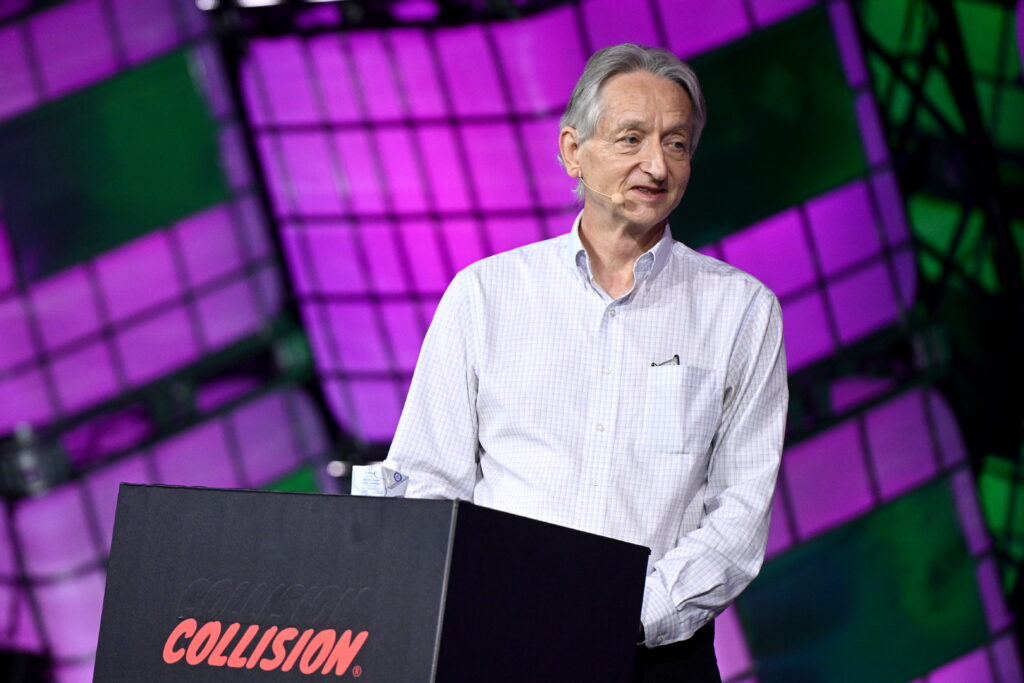
Geoffrey Hinton: The Intellectual Paradox Behind AI's Rise and the Ethical Dilemma It Poses
In the annals of artificial intelligence, Geoffrey Hinton stands out as one of its most prodigious architects. However, he now finds himself wrestling with the ethical quandary of the technology he helped nurture. With a career spanning five decades, Hinton’s recent departure from Google signals an existential reflection on the trajectory of AI, raising pressing questions about its future implications for humanity.
Early Beginnings in a Family of Intellectual Giants
Born in England, Geoffrey Hinton comes from an illustrious family that includes mathematical and logical luminaries like Mary Everest Boole and George Boole. After completing his undergraduate degree in experimental psychology from Cambridge University, Hinton entered the world of AI research with a Ph.D. at the University of Edinburgh in 1972.
Pioneering Neural Networks
During the “AI winter,” a period characterized by a lack of enthusiasm for AI, Hinton championed neural networks, systems designed to mimic human cognition. Despite skepticism from his thesis adviser, he held fast to his conviction that this paradigm held promise. Hinton would later go on to receive the Turing Award in 2018 for his groundbreaking contributions to the field.
The Watershed Moment: ImageNet
Perhaps the defining moment in Hinton’s career came in 2012 when he, along with graduate students Alex Krizhevsky and Ilya Sutskever, dominated the ImageNet competition. This triumph signaled the advent of neural networks as a viable, leading-edge technology. Shortly thereafter, tech giants came calling, and Hinton eventually joined Google Brain in 2013.
A Reckoning with AI
Recent developments have led Hinton to reevaluate his long-standing belief that human intelligence remained superior to any AI system. Alarmed by the rapid strides in AI scaling, he left Google to focus on sounding the alarm about the potential risks of AI. “This stuff will get smarter than us and take over,” warns Hinton, revealing his fears of an AI-induced apocalypse.
The Ethical Dilemma: “If I hadn’t done it, somebody else would have”
While Hinton concedes he does not have the solutions to prevent superhuman AI systems from becoming existential threats, he finds solace in the notion that if he hadn’t pioneered these advancements, someone else would have. He now uses his retirement to raise awareness about the ethical considerations of AI, speaking to policymakers and the public alike.
Contemplative Retirement
Hinton plans to spend his retirement years indulging in carpentry and taking long walks, a nod perhaps to a simpler, more tactile engagement with the world. However, the urgency of the message he leaves behind cannot be overstated. In drawing parallels with his cousin Joan Hinton, who turned to peace activism after working on the Manhattan Project, Geoffrey Hinton embodies the dichotomy of being a pioneer and a prophet of caution.
As AI continues to integrate deeper into the fabric of society, Hinton’s voice serves as both a cautionary tale and a call to action. His life’s work brings into sharp focus the balancing act between technological progress and ethical governance, leaving us to grapple with the implications of AI’s unstoppable march forward.
Source: https://time.com/collection/time100-ai/6309026/geoffrey-hinton/